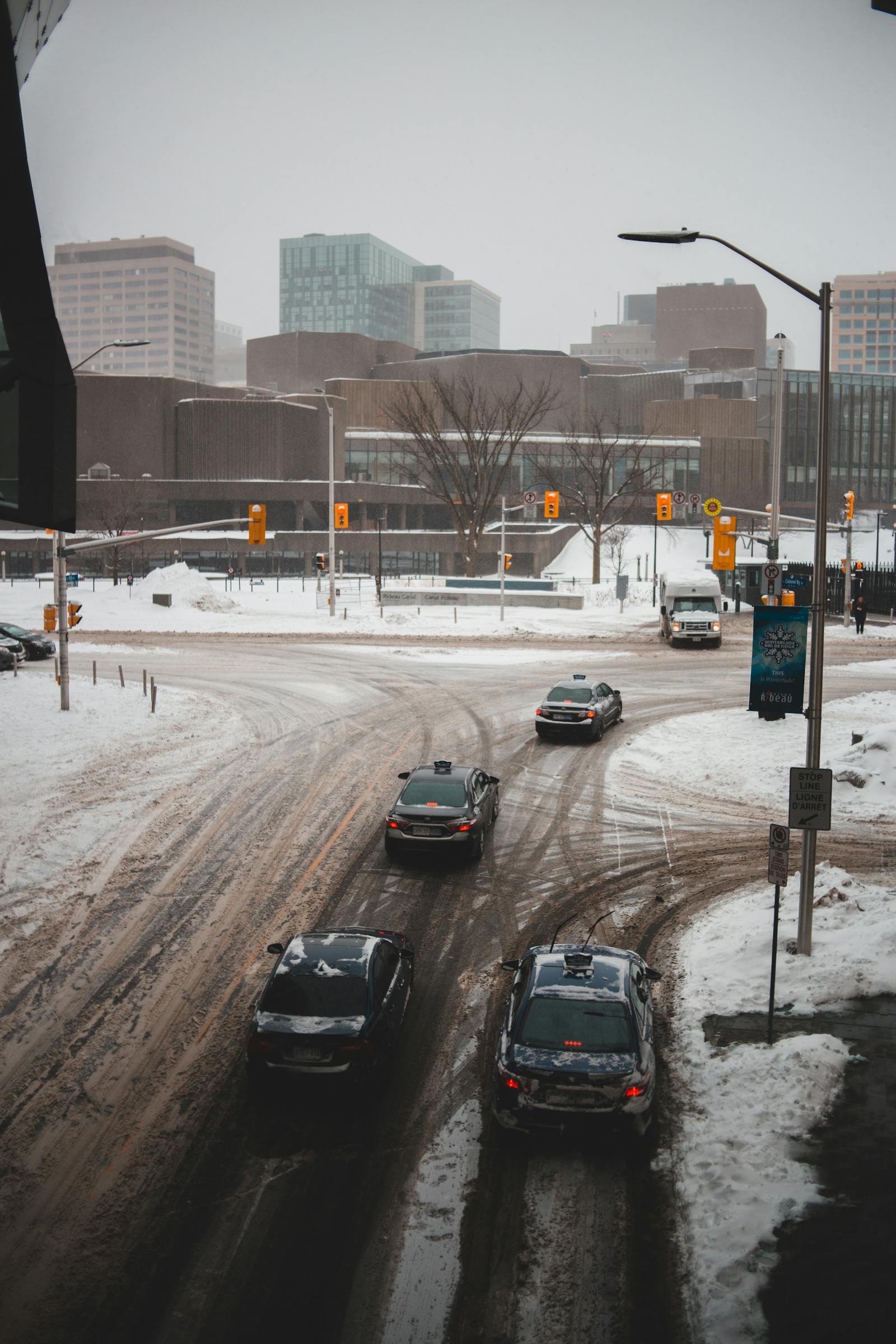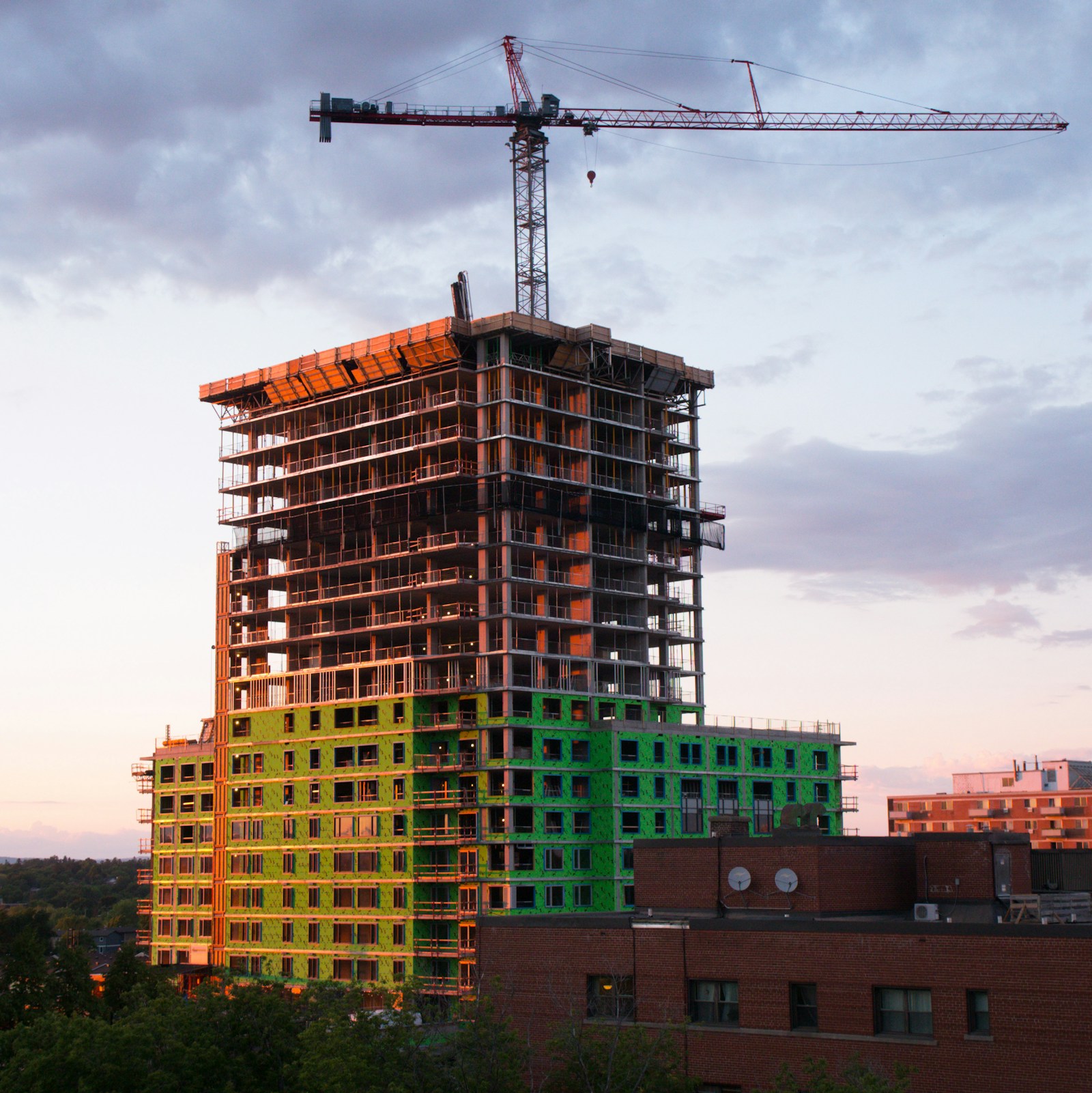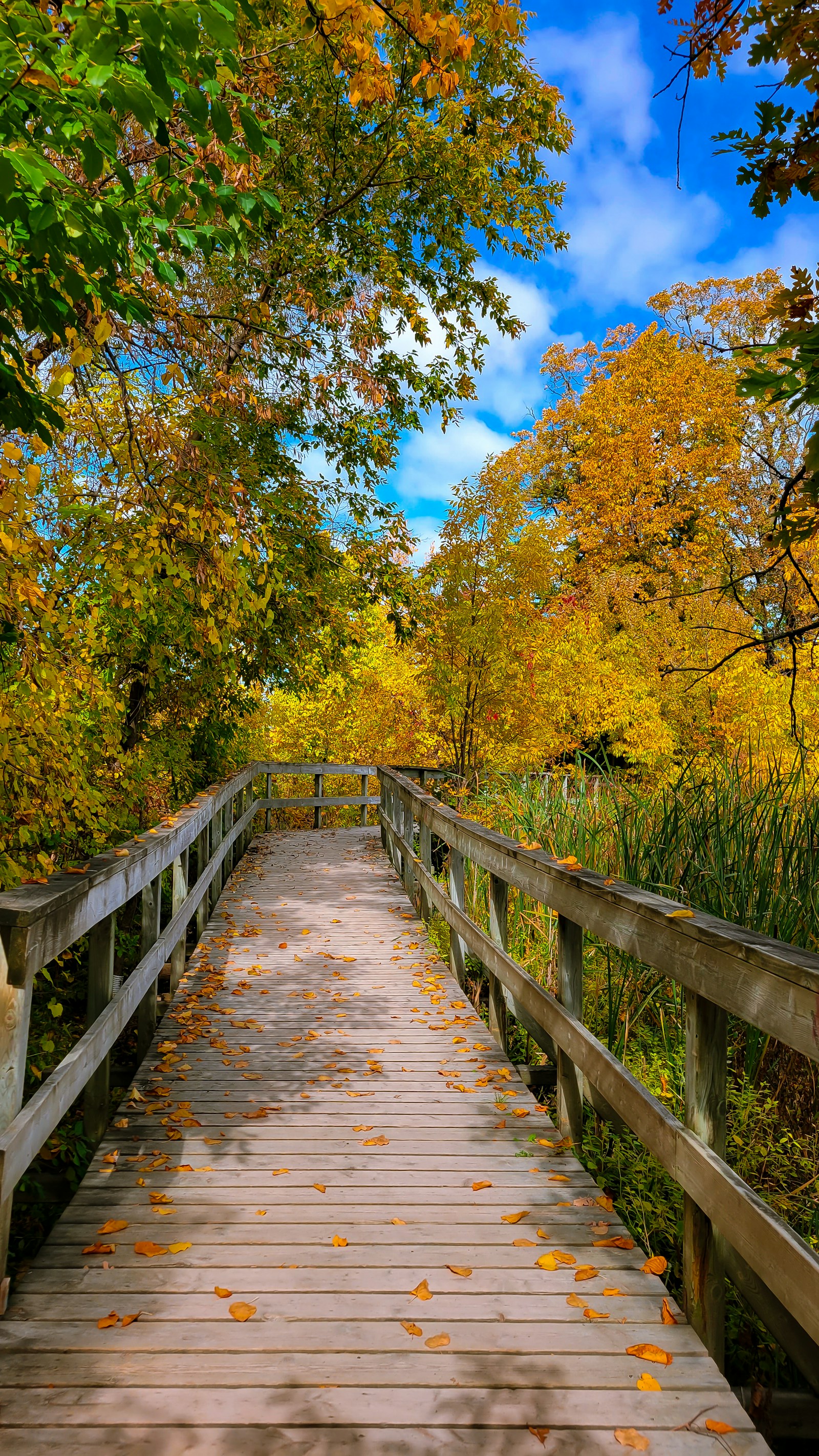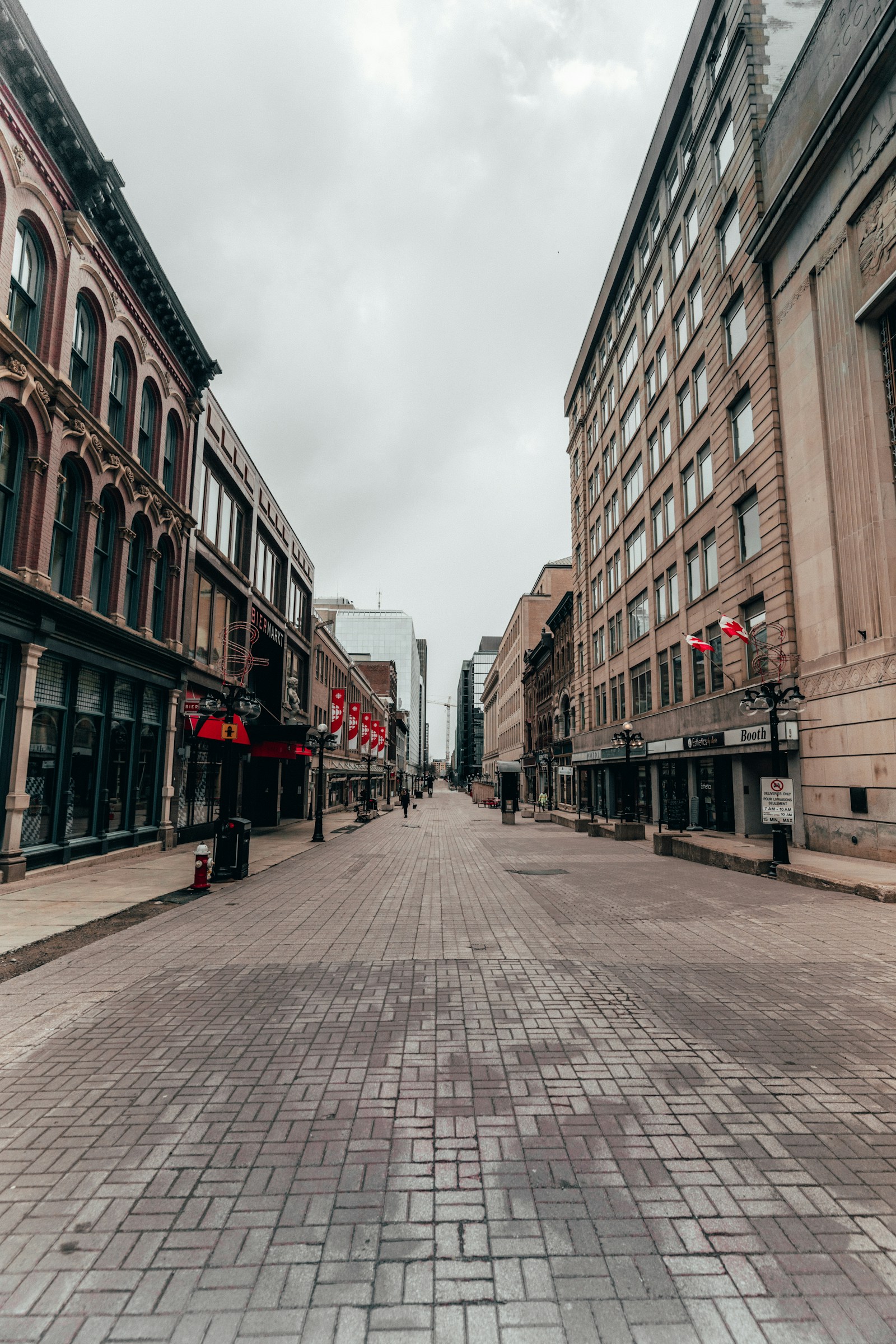Why Parking in Ottawa Feels Confusing
Parking in Ottawa can feel surprisingly complicated—especially for newcomers, visitors, or anyone moving from a smaller city. Between downtown zones, winter restrictions, neighbourhood permits, and time-limited streets, it’s easy to make costly mistakes.
This Ottawa parking guide breaks down how parking actually works, where you can (and can’t) park, and a few local secrets that can save you time, money, and frustration.
1. Understanding Ottawa Parking Zones
On-Street Metered Parking
Most busy areas use paid, time-limited parking:
Pay-and-display kiosks or mobile apps
Time limits typically range from 1–3 hours
Enforcement is active on weekdays
Always check posted signs—rules can change block by block.
Residential Permit Zones
Many neighbourhood streets are:
Restricted to permit holders during the day
Open to everyone overnight
These zones are designed to protect residents from commuter parking.
No-Parking & Seasonal Restrictions
Some streets prohibit parking:
During snow clearing
During rush hours
Near schools, fire hydrants, and intersections
Ignoring these rules almost guarantees a ticket—or tow.
2. Downtown Ottawa Parking Explained
Centretown & Business Districts
Downtown parking is:
Limited
Strictly enforced
Expensive during business hours
Street parking is usually short-term, while garages offer longer stays.
Evening & Weekend Rules
Good news for evenings:
Many metered spots become free after 5:30 or 6:00 PM
Sundays often have relaxed rules
Always double-check signage—some areas still enforce limits.
3. City Parking Lots & Garages
Ottawa operates multiple parking garages across the city:
Safer for long stays
Better for winter parking
Predictable pricing
Garages near downtown, hospitals, and transit hubs are especially popular with commuters and residents without driveways.
4. Parking in Popular Neighbourhoods
The Glebe
Permit-only during the day
Limited visitor parking
Strict enforcement during events
Best option: side streets with posted visitor allowances.
ByWard Market
Very limited street parking
Short time limits
Garages are usually the safest choice
Expect congestion, especially on weekends.
Westboro & Hintonburg
Mix of metered and free residential parking
Easier evenings and weekends
Busy during peak dining hours
Walkability makes parking slightly farther away manageable.
5. Winter Parking Rules You Must Know
Winter dramatically changes parking rules in Ottawa:
Overnight parking bans during snow clearing
Temporary restrictions posted city-wide
Fines and towing are common
Residents without driveways often rely on:
Temporary winter permits
Designated winter parking streets
Winter is when most parking tickets happen.
6. Residential Parking Permits
If you live on a restricted street, you may qualify for a permit:
Required for daytime residential zones
Available for residents without private parking
Visitor passes available in some cases
Permits are neighbourhood-specific and must be renewed.
7. Free Parking in Ottawa – Local Secrets
Locals know a few tricks:
Side streets one block off main roads
Free evening parking after posted hours
Residential streets outside permit times
Park-and-walk near transit stations
The key is reading signs carefully—Ottawa signage is detailed for a reason.
8. Common Parking Mistakes That Lead to Tickets
Assuming rules are the same city-wide
Ignoring winter bans
Parking too close to intersections
Forgetting time limits
Misreading permit signs
Ottawa enforcement is consistent, not forgiving.
9. Tips for Visitors vs Residents
Visitors should:
Use garages for peace of mind
Avoid overnight street parking in winter
Read every sign twice
Residents should:
Apply for permits early
Learn seasonal changes
Budget for parking if buying a condo or renting downtown
Parking access can significantly affect daily life.
FAQs
Q1: Is parking free in Ottawa on weekends?
Sometimes—depends on location and signage.
Q2: Do parking rules change in winter?
Yes, significantly.
Q3: Can you park overnight on the street?
Usually yes—unless there’s a winter ban or permit restriction.
Q4: Are parking tickets expensive?
They add up quickly if repeated.
Q5: Is downtown parking difficult?
Yes, but manageable with garages.
Q6: Do condos include parking?
Not always—always confirm before buying or renting.
Conclusion
Parking in Ottawa isn’t impossible—but it does require attention, planning, and local knowledge. Understanding zones, seasonal rules, and neighbourhood differences can save you money and stress. Whether you’re a resident, newcomer, or visitor, mastering Ottawa’s parking system makes navigating the city far easier—and far less frustrating.







